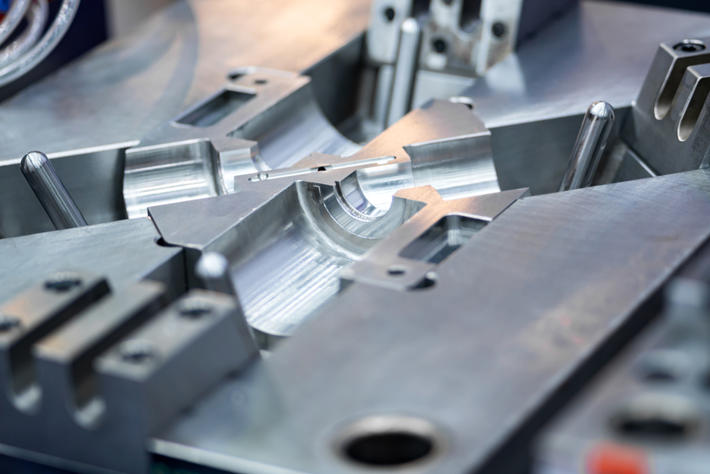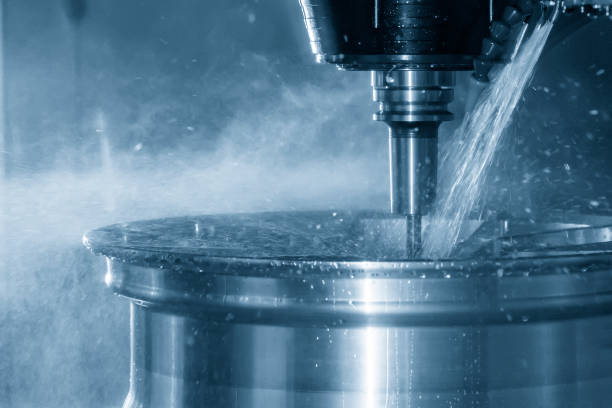Introduction
Die casting is a process used for the production of high-quality, precision parts. The process involves injecting molten metal into a mold cavity under high pressure to produce a part with the desired shape and size. The quality of the final product depends largely on the design of the die casting mold. This paper will explore the factors that contribute to the effective design of die casting molds for high-quality production.
Factors to Consider in Designing Effective Die Casting Molds
1. Mold Material Selection
The choice of material for the die casting mold is crucial to the quality of the final product. The mold must be able to withstand the high pressure and temperature of the molten metal without deforming or cracking. Common materials used for die casting molds include steel, aluminum, and copper alloys. The selection of the mold material will depend on factors such as the size of the part, the volume of production, and the expected lifespan of the mold.
2. Mold Design
The design of the die casting mold must take into account the geometry of the part to be produced. The mold must have the appropriate cavities, cores, and runners to allow for the flow of molten metal into the mold and the ejection of the final part. The design must also take into account the shrinkage of the metal during cooling and the potential for warping or distortion of the final part.
3. Cooling System
Effective cooling is essential for the production of high-quality die casting parts. The cooling system must be designed to maintain a consistent temperature throughout the mold to ensure uniform cooling and minimize the risk of defects such as porosity and shrinkage. The cooling system can be designed to include water channels or other cooling mechanisms that allow for precise temperature control.
4. Venting
Proper venting is crucial to the success of the die casting process. The mold must be designed to allow for the escape of air and gases that are generated during the injection of molten metal into the mold. Without proper venting, air pockets and other defects can result in the final part.
5. Mold Maintenance
Regular maintenance of the die casting mold is essential to ensure the quality of the final product. This includes cleaning, inspecting, and repairing any damage to the mold. Proper maintenance will extend the lifespan of the mold and minimize the risk of defects and downtime.

Conclusion
The effective design of die casting molds is essential to the production of high-quality, precise parts. Factors such as mold material selection, mold design, cooling system, venting, and mold maintenance all play a critical role in the success of the die casting process. By considering these factors and working with experienced mold designers, manufacturers can ensure the production of high-quality parts that meet their customers exacting specifications.
-

- Tixomolding osat ja komponentit matkapuhelimen keskilevy käsitelty
-

- Magnesium-alumiiniseoksesta valmistettu lasten pyörä 3-8 vuotta vanha halvalla kuumalla 14 tuuman lasten pyörä FOREVER tukkumyynti 2022
-

- Mangensiumseoksesta painevalu Thixomolding metalliosat
-

- Magnesiumseoksesta painevalettu sähköajoneuvon moottorikotelo
-

- 2022 Wholesale Hot Sale Bicycle Parts Magnesium Alloy Children Bike No Pedal Balance Bicycle Kids Multiple Colors Available
-

- Ultrakevyt jousitushaarukka MTB:lle

 0086-750-5616188
0086-750-5616188 +86 13392089688
+86 13392089688 sales@zhongmei-tech.com
sales@zhongmei-tech.com







